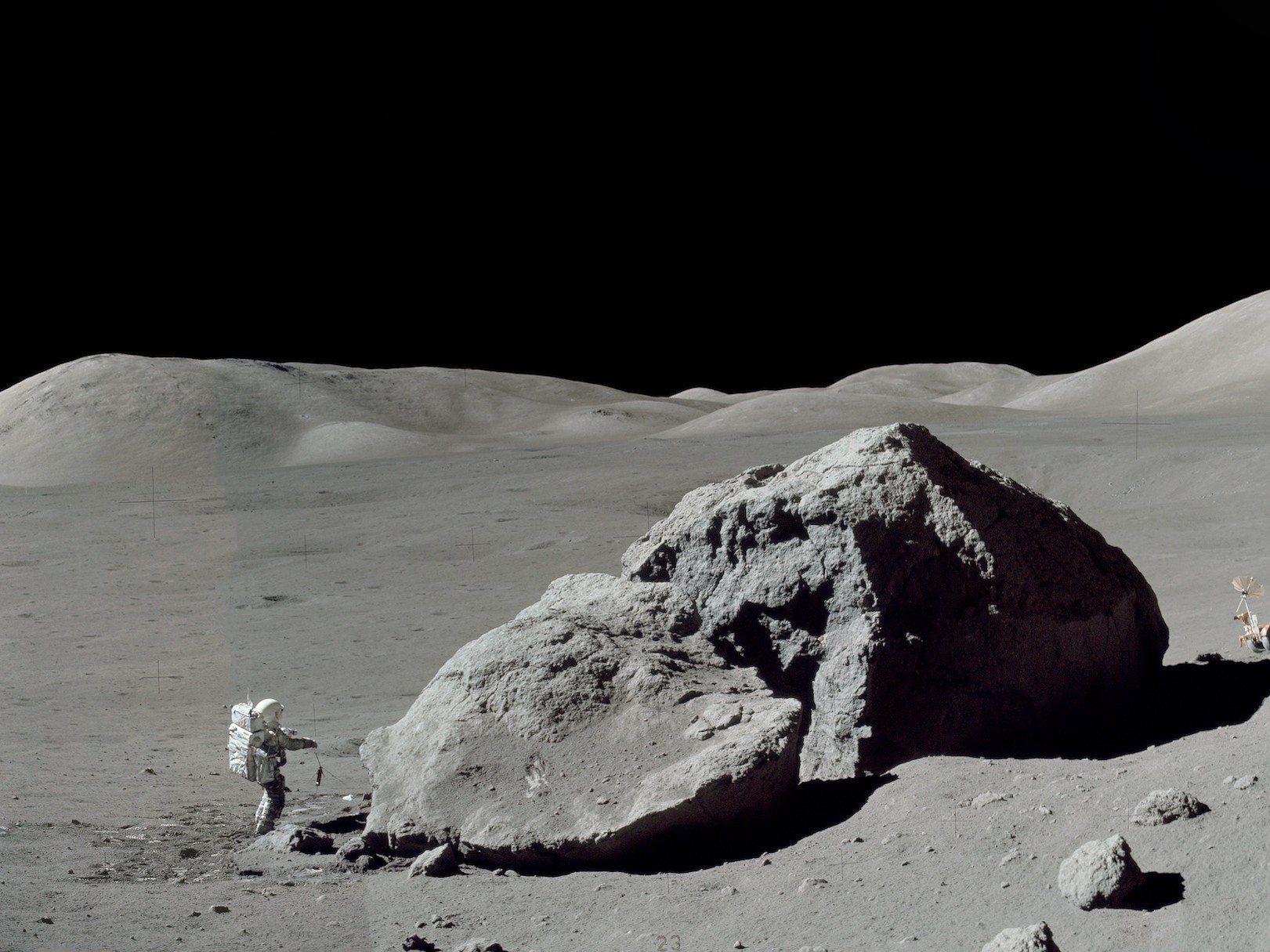EXPLORE project launched to develop AI and interactive visualisation applications in astrophysics and planetary science
An international consortium has been awarded 2 million Euros by the European Commission to develop novel applications that use artificial intelligence (AI) and visual analytics to exploit the vast datasets generated by astrophysics and planetary missions. Over three years, the EXPLORE project will develop these tools on a new virtual platform to create services and enhanced scientific datasets focused on galactic and stellar research, linked to the European Space Agency’s Gaia mission, as well as lunar exploration. The tools will be made available to the community through different cloud science platforms using open source licenses to stimulate uptake and ensure sustainability. The EXPLORE Consortium is led by the French SME, ACRI-ST, and includes eight partners from six countries. The interdisciplinary project brings together astrophysicists, planetary scientists, computer scientists, IT engineers & software developers. At today’s kick-off meeting, Dr Nick Cox, the EXPLORE Project Coordinator, said: “The sheer volume and increase in complexity of data from space science missions, as well as the need to combine multiple data sets, requires an increase in both data management and processing capabilities. AI-based solutions and interactive visualisation techniques for big data are not just useful tools to explore the Universe but are becoming a necessity.” EXPLORE will develop six scientific data applications to test methodologies and tools for space data exploitation on a collaborative cloud environment, the EXPLORE Thematic Exploitation Platform (EXPLORE-TEP). Rather than focus on one main scientific topic, EXPLORE aims to foster synergies between different areas of space science. Four of the applications will leverage data primarily from Gaia, supplemented with data from other surveys, developing tools to help understand the evolution of our galaxy, the 3D distribution of interstellar matter, as well as to support the discovery, classification and characterisation of stars. The remaining two applications will integrate data from a range of international lunar missions to focus on characterisation of the Moon’s surface and potential human landing sites. A key objective will be to facilitate integration and visualisation of multiple datasets. Prof Dovi Poznanski of Tel Aviv University, who leads EXPLORE’s AI methodology development, said: “By putting together different experiences and backgrounds we introduce diversity and interdisciplinarity in the analysis of space science data. Today’s big datasets in imagery, spectroscopy and 3D mapping require sophisticated tools. However, there are common basic principles among the different fields, which means there is a vital need for cross-fertilisation if we want to optimise the most advanced tools.” EXPLORE-TEP builds on the heritage of a platform designed by ACRI-ST and funded by ESA to facilitate and expand the use and uptake of Copernicus-Sentinel Earth Observation mission data. Dr Jeronimo Bernard-Salas, of ACRI-ST and Deputy Coordinator of EXPLORE, said: “For astronomers it is becoming increasingly difficult to simply download all the data to their desktop and use their favourite analysis tools locally. Through EXPLORE, we aim to bring processing and analysis capabilities, accessible via existing and new collaborative working environments, to the data. This allows any user to exploit space mission and supporting ground-based data more efficiently and to effectively share their methods and results, thus ensuring science becomes more open.” Ultimately, EXPLORE aims to apply the tools to other areas of space science, as well as to map business opportunities for potential market entry in other domains. Innovative Scientific Data Exploration and Exploitation Applications for Space Sciences (EXPLORE) has received funding from the European Union's Horizon 2020 research and innovation programme under Grant Agreement No 101004214.
Keywords
Space, Planetary Science, Astrophysics



